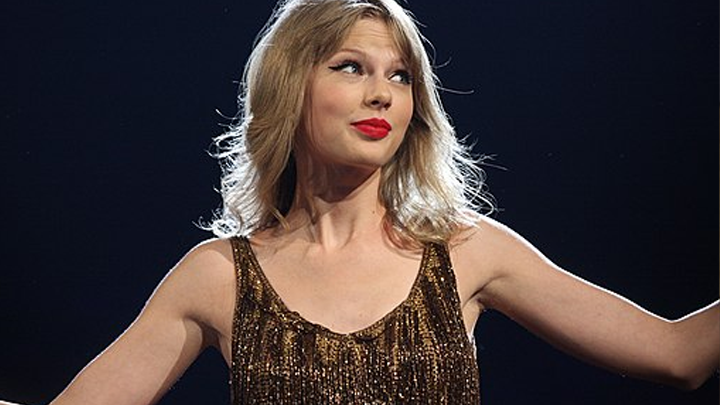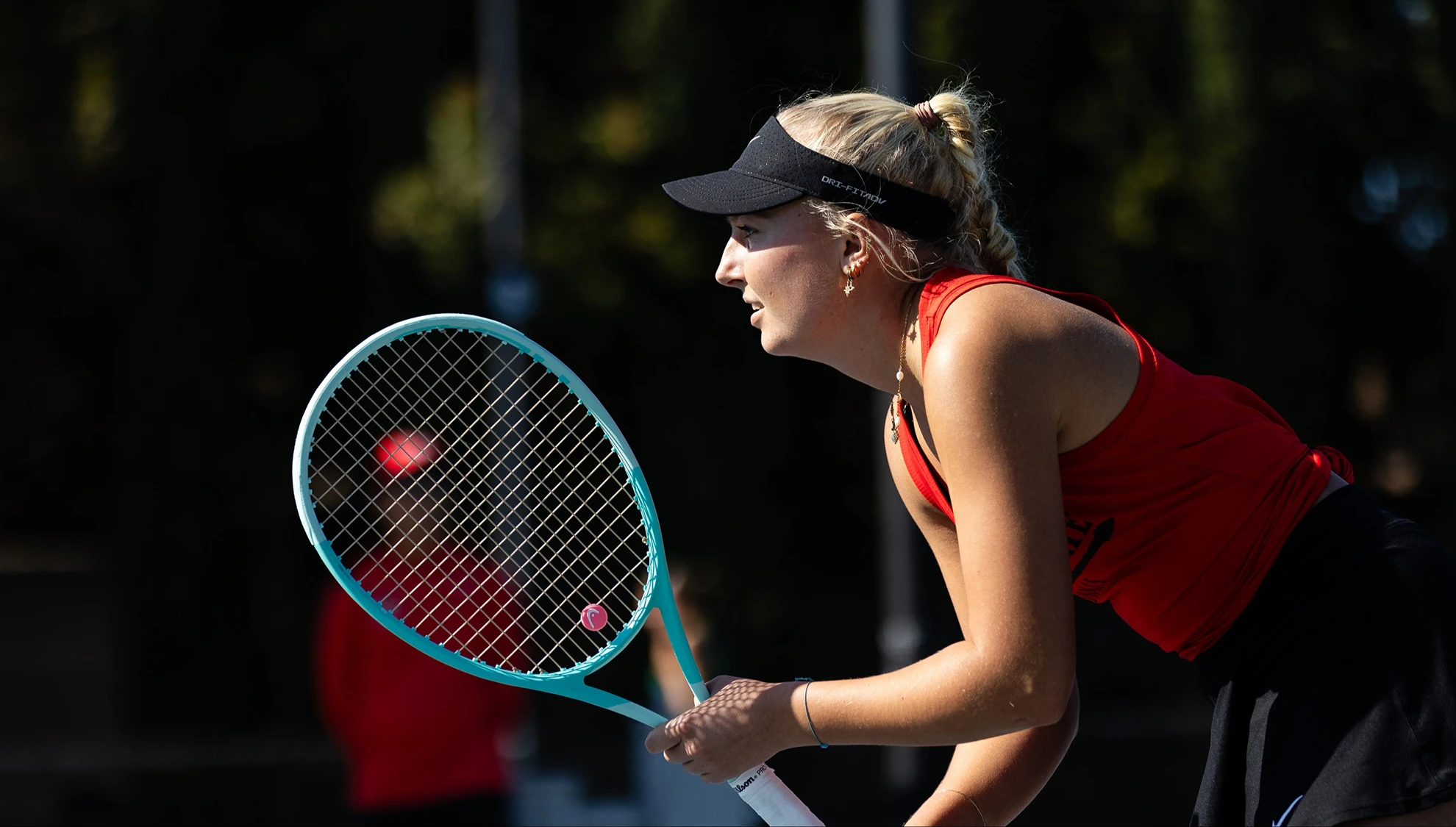Decoding Taylor Swift: SDSU's new class uncovers the literary genius behind the lyrics
Heather Sweeney brings a new and refreshing take to literary analysis in her Swift-oriented curriculum

After listening to Taylor Swift’s 2024 album “The Tortured Poets Department,” lecturer Heather Sweeney in San Diego State University’s College of Professional Studies and Fine Arts experienced a deep connection to the lyrics.
“Her lyricism is very deep, poetic, and meaningful,” said Sweeney. “I think a lot of her songs and lyrics resonate with a lot of people, especially women.”
The experience inspired Sweeney to create Swift Allusions: The Literary World of Taylor Swift, (HONOR 313). Introduced for fall 2024, the class offers an in-depth exploration of the music, lyrics, videos, personas, and aesthetics of the singer-songwriter, and calls upon students to analyze the multi-layered references present throughout Swift’s artistic works.
Grace Grivetto, a third-year psychology major and student in the class, says “Swift Allusions” has been an “engaging, gratifying, and eye-opening” experience.
“I have always thought of Taylor Swift as a brilliant writer,” Grivetto said. “Her songs are incredibly poetic and relatable. Having the opportunity to compare and contrast Swift’s music with famous literary works in an academic setting has been fascinating.”
As someone who loves literature, Sweeney believes the literary references in Swift’s work are especially impactful. “People miss those references and miss out on the depth of the meaning behind them,” she said.
“The focus of the class is to make connections between literature and her lyrics,” said Sweeney, “But to also find specific lyrics that align with certain passages in the books.”
Students in the class are studying classic works such as “The Great Gatsby” by F. Scott Fitzgerald, “The Bell Jar” by Sylvia Plath, and various works of Emily Dickinson and Patti Smith.
Grivetto’s favorite lesson so far has been comparing “The Bell Jar” to Swift’s album “1989.” She found the similarities between the works especially fascinating because they are from vastly different time periods.
“Being introduced to literary pieces I otherwise wouldn’t have picked up has been so interesting as well,” Grivetto said. “I feel that through comparing these books and poems to lyrics I relate to on a personal level, my literary analysis skills have improved greatly.”
“I hope students will learn that art, whether it be an album or a book, if it’s well crafted and intentional – that is timeless,” said Sweeney. “The Emily Dickinson book that we’re reading is almost 100 years old, but it still has relevant topics, themes, and messages in it that we can still learn from today.”
Sweeney said the class encourages students to think about how they can see themselves reflected in works of art and will explore themes such as how to handle grief or find grace in being alone, messages that she said can be found in both Swift and Dickinson’s work.
The class is largely discussion-based to create an interactive environment and a free exchange of ideas. Students sign up as “discussion leaders,” and create questions and activities for the rest of the class.
“The students are very participatory, responsive, collaborative, and supportive of each other,” said Sweeney. “I have a great group of students.”
Swift Allusions will not be offered in the spring 2025 semester, but Sweeney hopes to teach the class again next fall because of how enriching the unique curriculum has been for both herself and her students.



